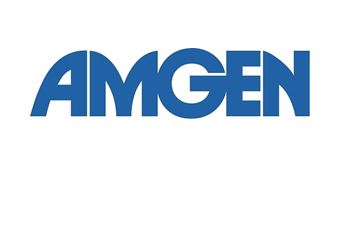US regulatory advisers to review Amgen's Humira biosimilar

Advisers to the US regulator are to review Amgen's biosimilar of the world's biggest selling drug, AbbVie's Humira, which is facing patent expiry later this year.
Amgen said that the FDA's Arthritis Advisory Committee is to review data from its filing for ABP 501, a near-copy and potentially cheaper competitor to a blockbuster that produced sales of more than $14 billion in 2015.
Although Amgen did not give a date for the committee meeting, a tentative calendar on the FDA's website shows it is due to meet in mid-July.
The FDA is due to make a regulatory decision on the biosimilar on 25 September, ahead of US patent expiry in December and a potential launch next year. However, AbbVie has set up a series of other patents that could keep Humira competitors off the market until 2022.
Humira (adalimumab) a monoclonal antibody, is approved for a range of inflammatory diseases, including rheumatoid arthritis. The committee will review analytical, clinical and pharmacokinetic data from studies involving ABP 501, including results from two phase 3 comparative efficacy and safety studies in both moderate-to-severe plaque psoriasis and moderate-to-severe rheumatoid arthritis.
The phase 3 studies met their primary endpoints showing clinical equivalence to Humira. Safety and immunogenicity of ABP 501 were also comparable to adalimumab, Amgen said.
Biosimilars are near-copies of complex biological drugs and have a separate approval pathway from generics and biological drugs in the EU and US.
The FDA has only approved one monoclonal antibody so far – Celltrion/Hospira's Inflectra (infliximab-dyyb), a biosimilar of Johnson & Johnson/MSD's Remicade (infliximab).
ABP 501 is also under review in Europe, after a filing in December.
Humira is one of a group of big-selling drugs that have lost patent protection, or are due to lose it soon. Earlier this year, a report by IMS Health suggested that healthcare systems in the EU and US could save up to $110m by 2020 by using the cheaper biosimilars instead of originators.












